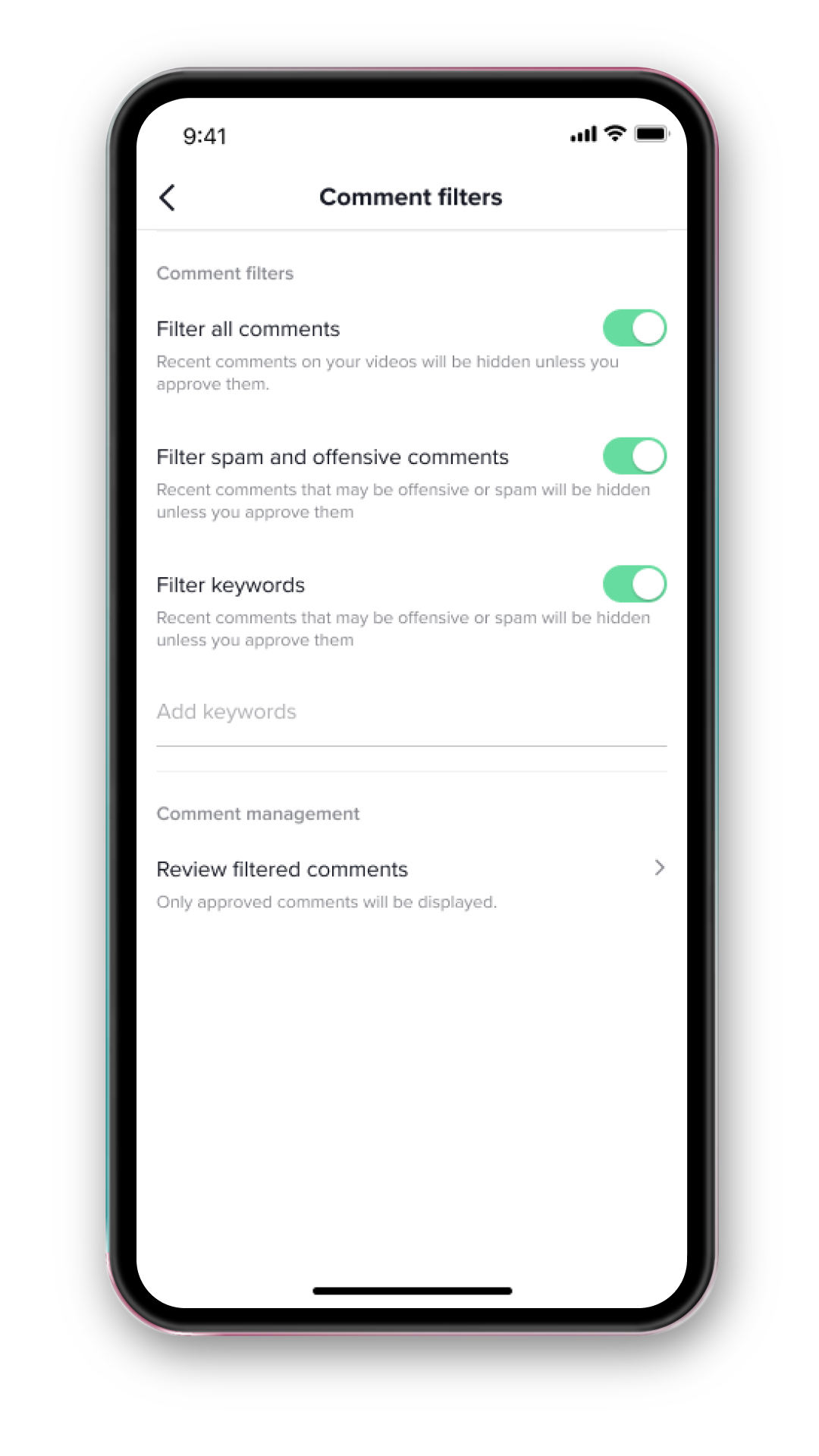TikTok has announced two new features that restrict the way users are allowed to interact with content when they post comments: the first allows creators to review comments before they are visible on the platform and use a comment filter feature to choose which ones to show.
The other feature is a prompt that the Chinese viral video giant will present to users in a pop-up asking them to think again whether they really want to post something that TikTok’s algorithms find to be potentially inappropriate or “unkind.”
Although the changes come from TikTok US, and the company often seeks to distance itself, at least as far as public perception goes, from the fact it’s owned by a Chinese company, the language is eerily similar to how restrictive measures are often sugarcoated with positive words back in China. In fact, the announcement said these new tools are aimed at “promoting kindness” on TikTok.
TikTok US explained that promoting “kindness” and “positivity” here also has to do with suppressing perceived cyberbullying or other unwanted behaviors. To that particular end, partnership was announced with a group called Cyberbullying Research Center (CRC), which the platform said would help them shape future policies affecting users.

In the comments control segment, the massively popular Chinese app already caught up with its Western counterparts by having key-word based filters in place, which have proven to be effective in influencing what users do on their platforms. Instagram and Twitter have been doing it with prompts for a while now, but they also hide comments and replies seen as negative.
The new filtering tool for TikTok creators is called “Filter All Comments,” and if they choose it, they will have to approve comments one by one. The comments won’t be visible before they are approved. But critics say this may also allow creators to “spread misinformation” without being challenged in the comments, and thus confuse brands as to their true “likability.”
With all the talk about kindness and appropriateness and opposition to cyberbullying, TikTok, too, simply is thinking about brand-friendliness here, though from a different angle.













